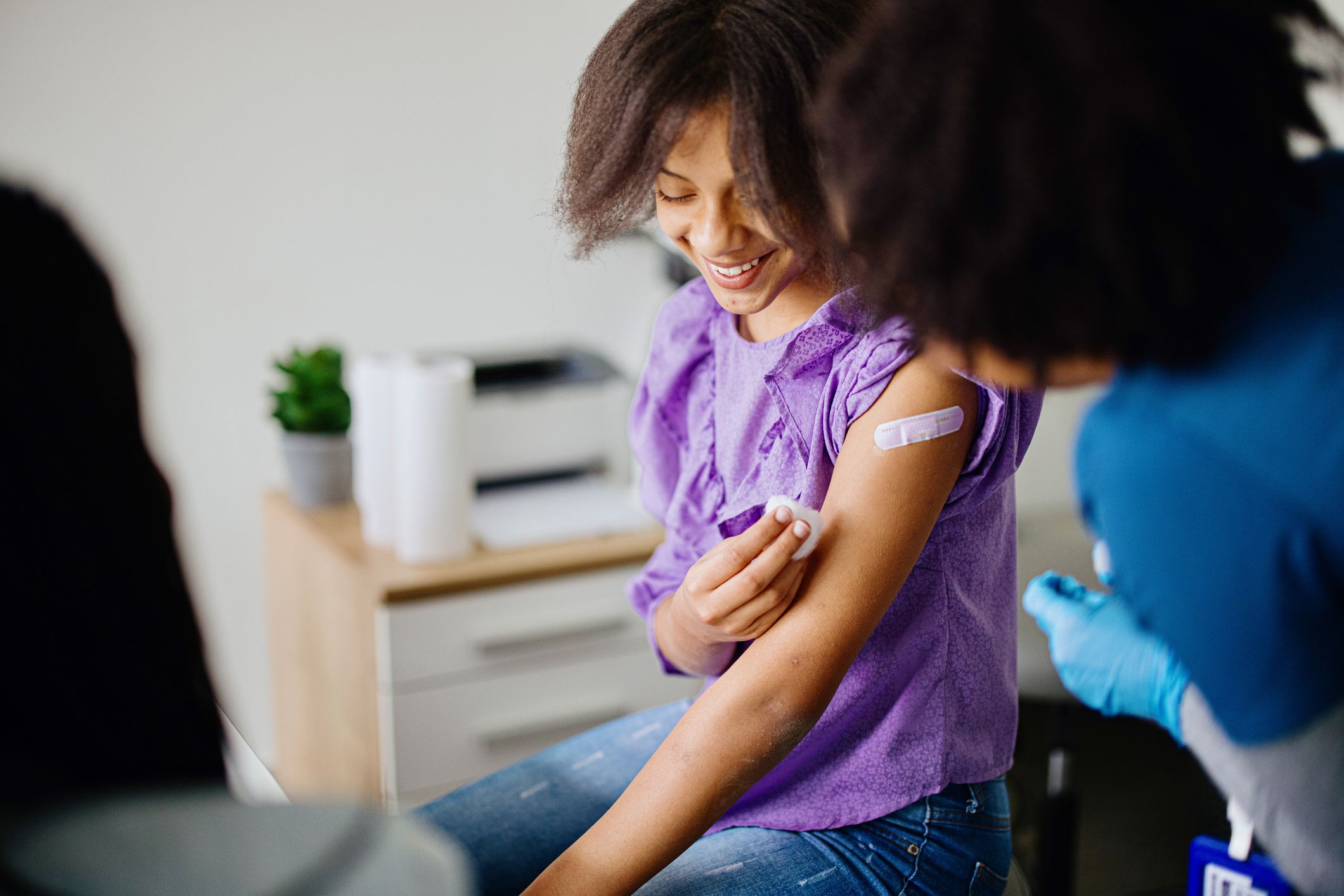Women’s Health
Want to learn more about this at Kettering Health?
About 9 in 10 people will get human papillomavirus (HPV) infection at some point.
Vaccines for HPV prevent health problems and protect against cancer, but many people have questions or misconceptions about them.
The HPV vaccine prevents cancer
TRUE
According to the Centers for Disease Control and Prevention (CDC), “Every year in the United States, HPV causes 32,500 cancers in men and women. HPV vaccination can prevent most cancers—about 30,000—from developing.”
Most people know that HPV can cause cervical cancer in women, and it can also cause numerous others, including cancers of the mouth and throat that affect men and women. For women, screening is available and considered routine to detect most cases of cervical cancer. But there are no routine screenings for other types of HPV-related cancers that can be painful, life-altering, and even life-threatening.
Vaccinating children and adolescents prevents them from developing these types of cancer, says Dr. McKayla Riggs, a gynecologic oncologist. “The HPV vaccine is a cancer prevention vaccine.”
The HPV vaccine contains harmful ingredients
FALSE
HPV vaccines do not contain live viral HPV quantities, and the vaccine protects against nine different types of HPV, genital warts, and the HPV types found in over 75 percent of HPV-related cancer.
Some parents express concern about the aluminum in vaccines. “They do contain aluminum,” says Dr. Riggs.
“But it’s only about 0.5 mg per dose.” This is a safe amount; in fact, we come into contact with about 7-9 mg daily when considering the amount contained in the food, water, and utensils.
The HPV vaccine has proven to be safe
TRUE
The CDC and FDA continually monitor the HPV vaccine, and studies show it is safe.
Like with any medication or injection, side effects are possible. The most common ones for the HPV vaccine include pain and redness in the arm where the shot was administered, fever, dizziness, or nausea. However, the HPV vaccine does not increase the risk of infertility, neurological conditions, autoimmune disorders, or venous thromboembolism. The vaccine protects women from future fertility problems linked to cervical cancer.
It’s more important for girls to get the HPV vaccine than boys
FALSE
The CDC recommends vaccinating girls and boys ages 11-12. Vaccinating boys protects their future partners and protects them against HPV-related cancers that specifically affect men and types that affect both men and women. “The rates of HPV-related cancers that affect men are increasing,” says Dr. Riggs. “Some projections show that by 2020, they may even outnumber the cases of cervical cancer.”









